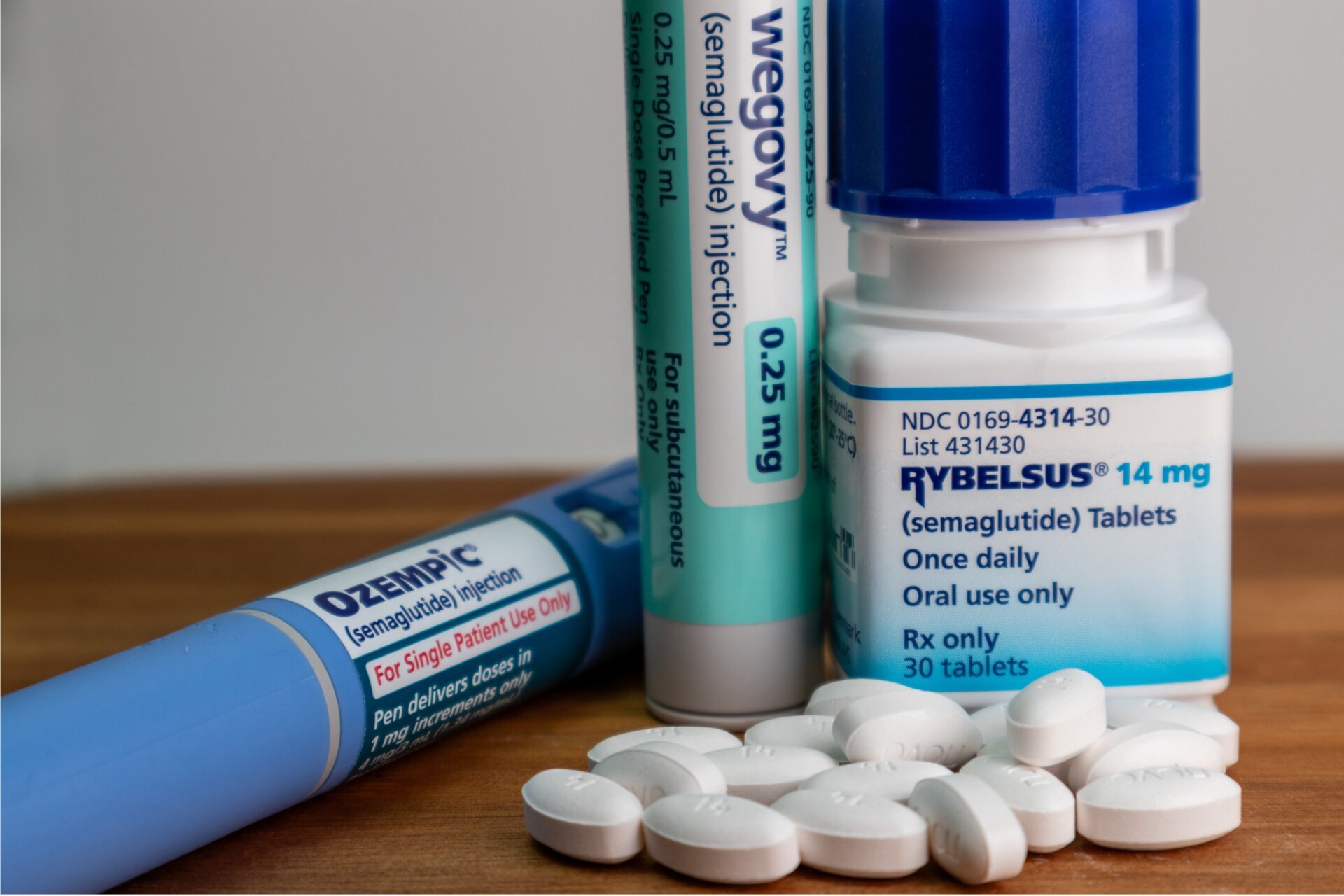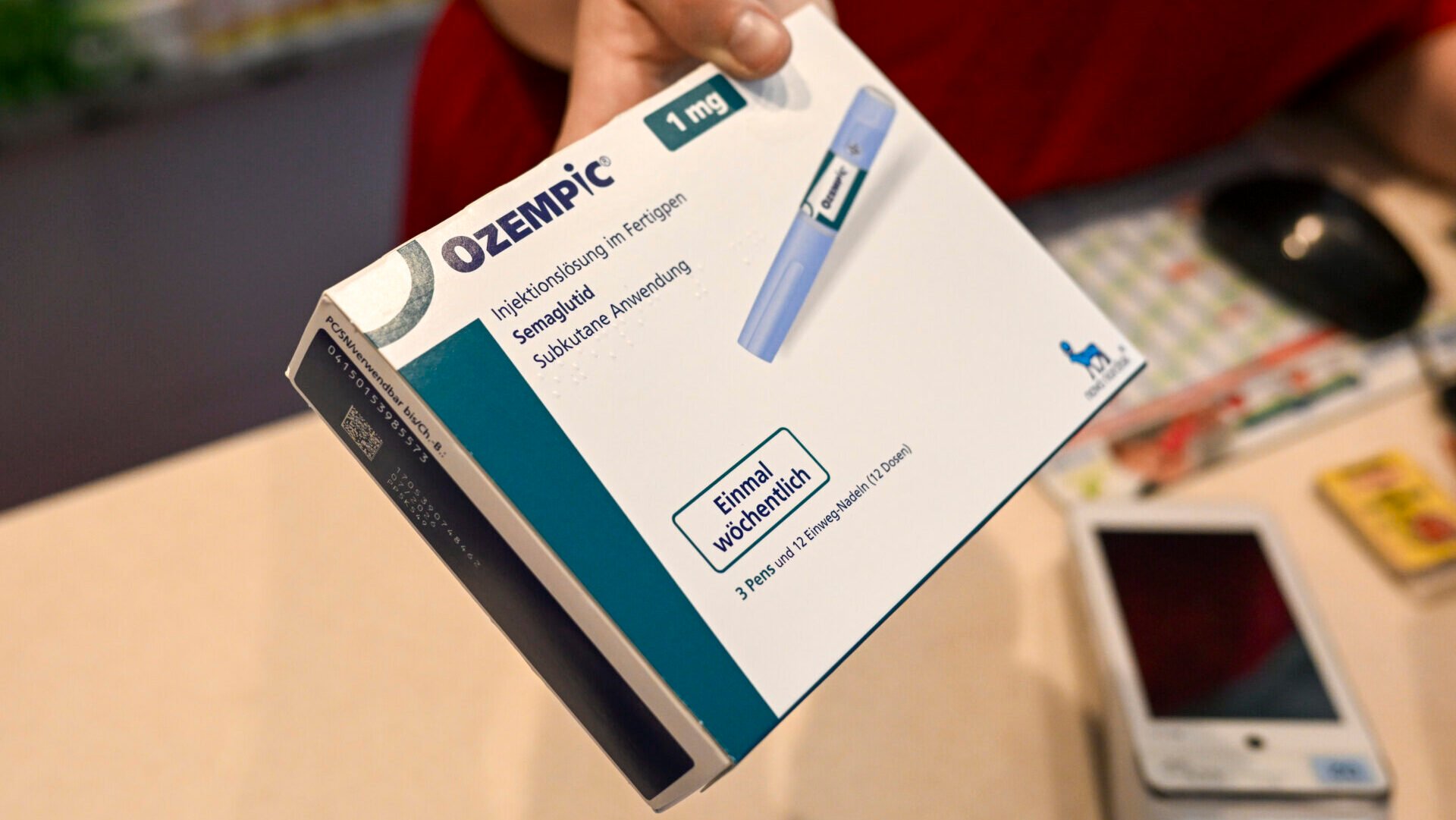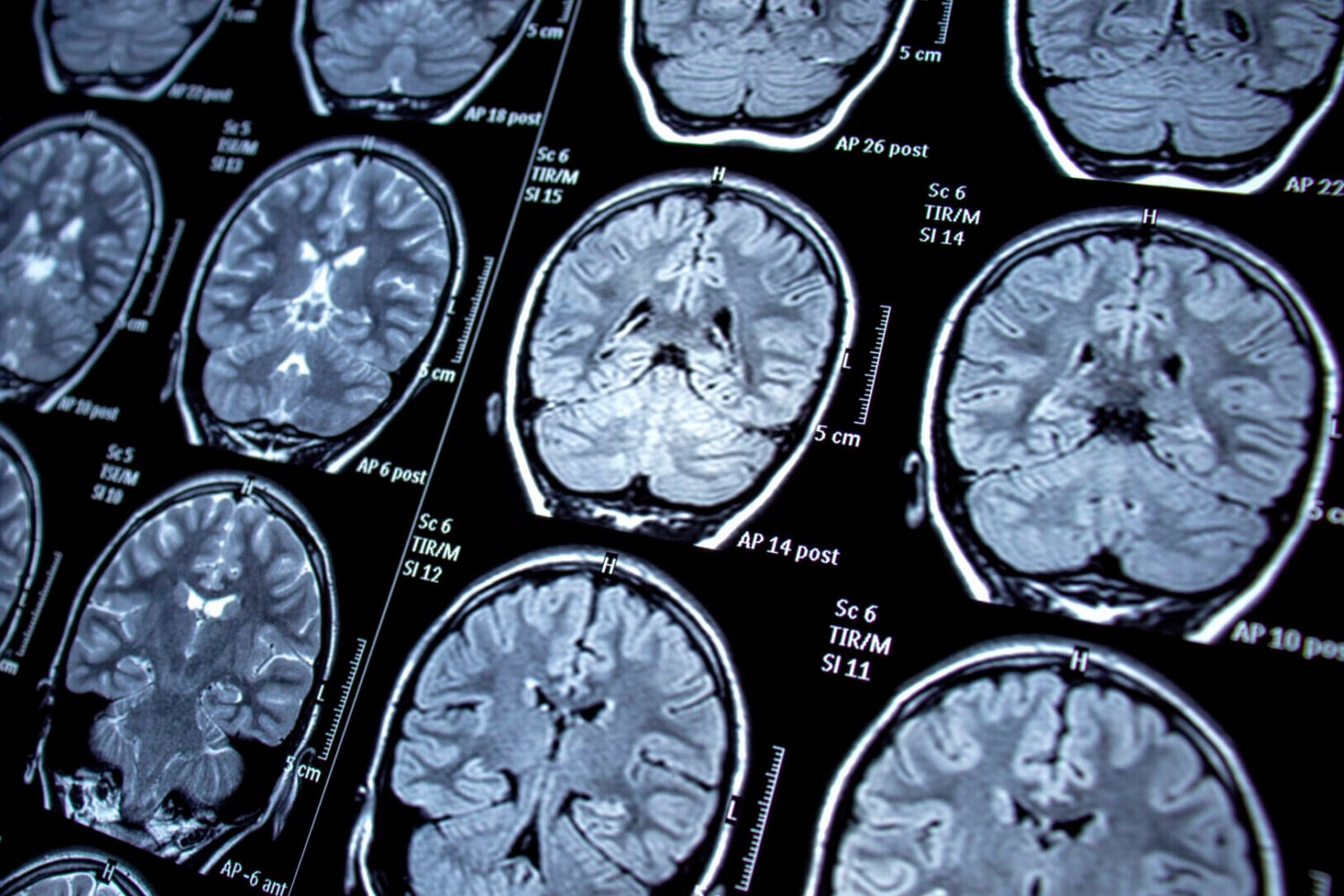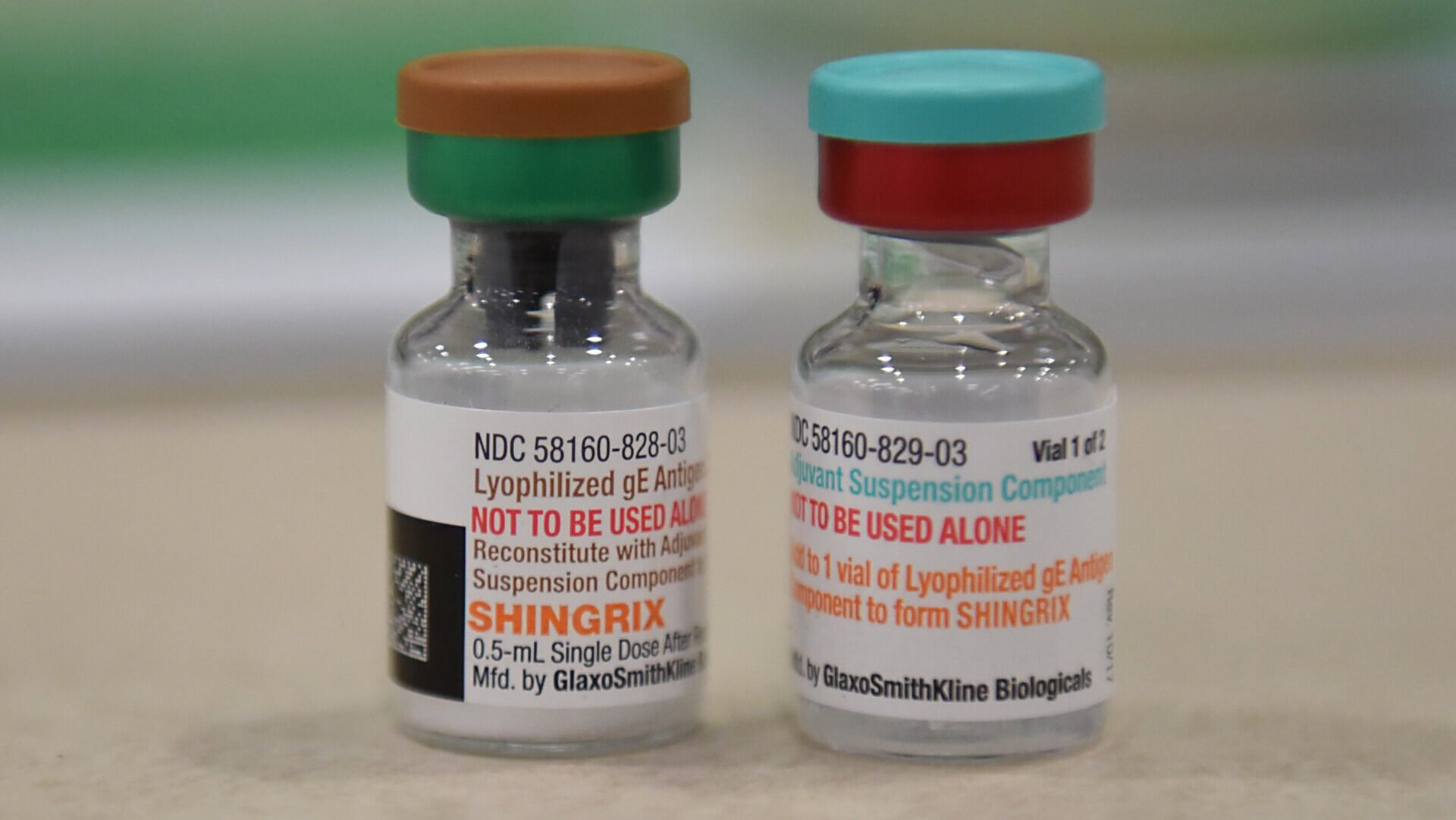Weight loss drugs like semaglutide (Ozempic, Rybelsus, Wegovy) and tirzepatide (Mounjaro, Zepbound), belonging to the GLP-1 family, have gained immense popularity. While effective for many, these medications don’t work for everyone and can cause side effects like nausea, constipation, and abdominal discomfort. New research offers hope for improving these drugs, potentially boosting their effectiveness and minimizing adverse reactions.
The Current Landscape of GLP-1 Drugs
GLP-1 drugs were initially approved for treating type 2 diabetes, but their weight-loss potential led to widespread use. Despite their success, not everyone experiences the same benefits. Studies reveal varying responses, with some individuals experiencing more significant weight loss than others. Furthermore, a significant portion of users report side effects, ranging from mild to moderate gastrointestinal issues. More serious concerns, such as an increased risk of pancreatitis, bowel obstruction, and gastroparesis, have also been linked to GLP-1 drug usage.
A Promising New Approach: Targeting Brain Proteins
Researchers at the University of Michigan are exploring a novel approach to enhance GLP-1 drug effectiveness and mitigate side effects. Their focus lies on two proteins in the nervous system, melanocortin 3 (MC3R) and melanocortin 4 (MC4R), which play a crucial role in regulating appetite and energy balance. In mice studies, inhibiting MC3R or boosting MC4R in combination with GLP-1 drugs led to a remarkable five-fold increase in weight loss compared to using GLP-1 drugs alone. These findings suggest that manipulating these proteins could significantly amplify the impact of GLP-1 medications.
Addressing Nausea: A Major Side Effect
A common and often debilitating side effect of GLP-1 drugs is nausea. The University of Michigan study also investigated the brain regions associated with nausea and found that stimulating MC3R or MC4R did not increase activity in these areas, unlike in mice receiving only the GLP-1 drug. This suggests that the new approach could potentially minimize nausea, making the treatment more tolerable for patients. Separately, another recent study also demonstrated promise in reducing nausea associated with GLP-1 drugs in mice, further supporting the possibility of mitigating this side effect.
Potential for Human Application
While the research is currently limited to animal models, researchers are optimistic about its potential translation to humans. The melanocortin system is highly conserved across species, and previous observations in mice have often been replicated in humans. This suggests that the findings from these studies could hold true for human patients, paving the way for the development of more effective and safer weight-loss therapies.
Conclusion: A Brighter Future for Weight Loss Treatment
The research on enhancing GLP-1 drugs through manipulation of melanocortin proteins holds significant promise for improving weight loss outcomes and reducing side effects. While further research is necessary to confirm these findings in humans, the initial results are encouraging. These advancements could potentially lead to a new generation of weight loss medications that are more effective, safer, and better tolerated, ultimately benefiting individuals struggling with obesity and related health conditions.
Numerous celebrities have opened up about taking weight loss drugs
A study on Semaglutide effectiveness in weight loss
Study linking GLP-1 drug use to increased risk of pancreatitis and other issues
Study on boosting weight loss with melanocortin proteins











